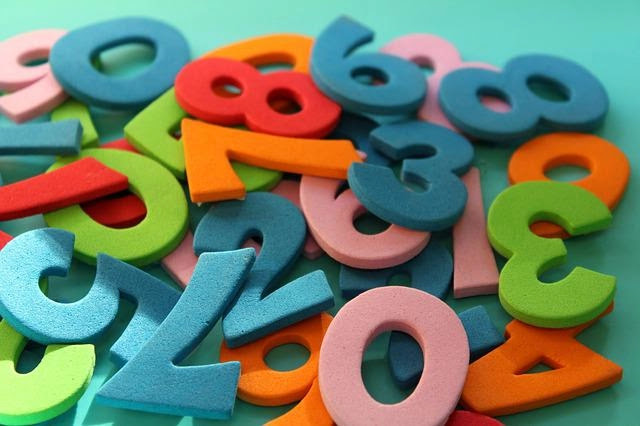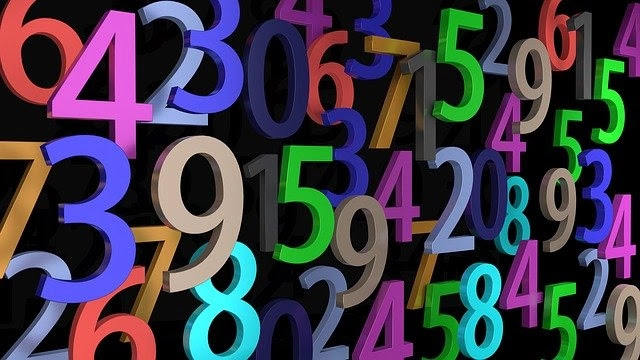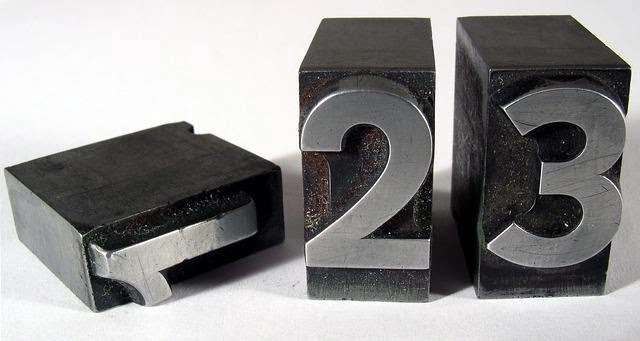Fact Of The Post
The law states that in lists of data, the number 1 occurs with a probability of 30%.
Any number that is multiplied by one equals that number. Likewise, any number divided by one also equals that number.
The number one can only be divided by itself and is the only number that cannot be divided by any other.
This means that the number one is not a prime number, although it has been widely considered a prime number in the past.
A prime number is defined as “a positive integer with exactly two positive divisors: 1 and itself”.
Here, we are going to share the top facts about number 1 that might you not know about it.
Number 1
💪💪💪Let's Start Reading These Facts😤😤😤
1. Supplements of the number 1.
Some things supplement the number one as something else, rather than its numerical form.
One such example of this would be the way an Ace in a deck of playing cards is the card representing the value of the number one.
However, in French playing cards, the Aces are marked with a “1” rather than an “A”.
2. One is an identity element in multiplication.
For example, 8 multiplied by 1 equals the same as 1 multiplied by 8 which equals 8.
Because of this mathematicians refer to one as the multiplicative identity (the reflexive identity of multiplication).
3. The number 1 in Rating Schemes.
When used in numerical rating schemes, the number one is either the highest or lowest score.
In Germany and Austria, one is the grade for “very good”.
It is the best of six possible grades in Germany and the best of five in Austria.
In the Netherlands, one is the lowest grade and ten is the highest.
One is also the lowest grade in Poland where six is the highest.
4. There are many different terms for things featuring only one of something.
For example, the term for a creature with one eye is a “cyclops”, and the term for a camel with only one hump is a “dromedary”.
Many things feature the prefix “uni”, meaning one, at their beginning.
A few common examples of such words are unicycle, uniform, and unicorn.
The number one also represents many different things within numerology, from unity to everything, as well as the beginning and God.
5. Benford’s Law About Numbers.
Benford’s Law is a mathematical law, also known as the first digit law, the first digit phenomenon, or the leading digit phenomenon.
The law states that in lists of data, number one occurs with a probability of 30%.
This is much greater than the expected 11.1% (one in nine).
This has proven to be the case within all different types of data compilations from the day’s stock quotations to tennis tournament scores!
A system based upon Benford’s Law was devised by Dr. Mark Nigrini to help crack fraud cases in Brooklyn, New York.
The idea underlying Nigrini’s system said that if the numbers in a tax return more or less match the frequencies and ratios set down by Benford’s Law, then they are probably real.
But if this data were to feature a set of numbers that significantly differ from those predicted within Benford’s Law, the data is most likely fraudulent.
Questions About Numbers With Answers 😲😲😵
Who named numbers?
the Arabic numeral system we're all familiar with today is usually credited to two mathematicians from ancient India: Brahmagupta from the 6th century B.C. and Aryabhata from the 5th century B.C.
What is special about the number 1?
1 is the only positive integer divisible by exactly one positive integer, whereas prime numbers are divisible by exactly two positive integers, composite numbers are divisible by more than two positive integers, and zero is divisible by all positive integers.
Who invented 1 number?
Hindu-Arabic numerals, a set of 10 symbols—1, 2, 3, 4, 5, 6, 7, 8, 9, 0—that represent numbers in the decimal number system. They originated in India in the 6th or 7th century and were introduced to Europe through the writings of Middle Eastern mathematicians, especially al-Khwarizmi and al-Kindi, about the 12th century.
What's the meaning of 1?
As the first number, number 1 is appearing as a symbol of a fresh start and a new beginning. In case you're seeing number 1 all the time, you should know that the universe is telling you that you should start writing a new chapter in your life. Together we'll dig deeper into the layers of angel number 1 meaning.
What is number 1 also known as?
1 is called a unique number because it is neither prime nor composite.
😁😁😁Thanks For Coming😇😇😇
Sources:





Comments
Post a Comment